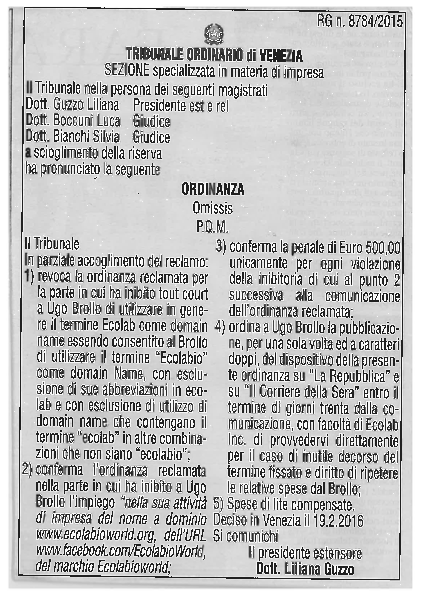LGV IN BARCELONA FOR THE 2017 INTA CONVENTION
16/05/2017
A large delegation will be attending INTA with a view to consolidating old relationships and forming new ones.
LGV members will be at the annual Convention dedicated to trademarks and organized by INTA (the International Trademark Association). The event will be held in Barcelona from 20 to 24 May 2017 at the Fira Gan Via. We hope that this year, as previous ones, will lead to consolidating already existent professional relationships as well as building new connections.

